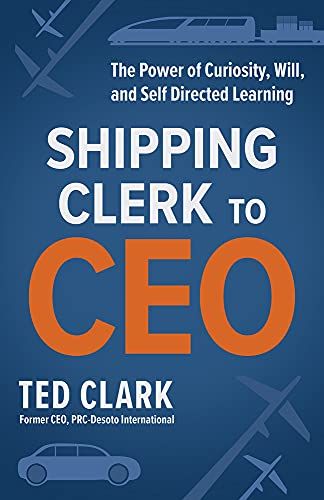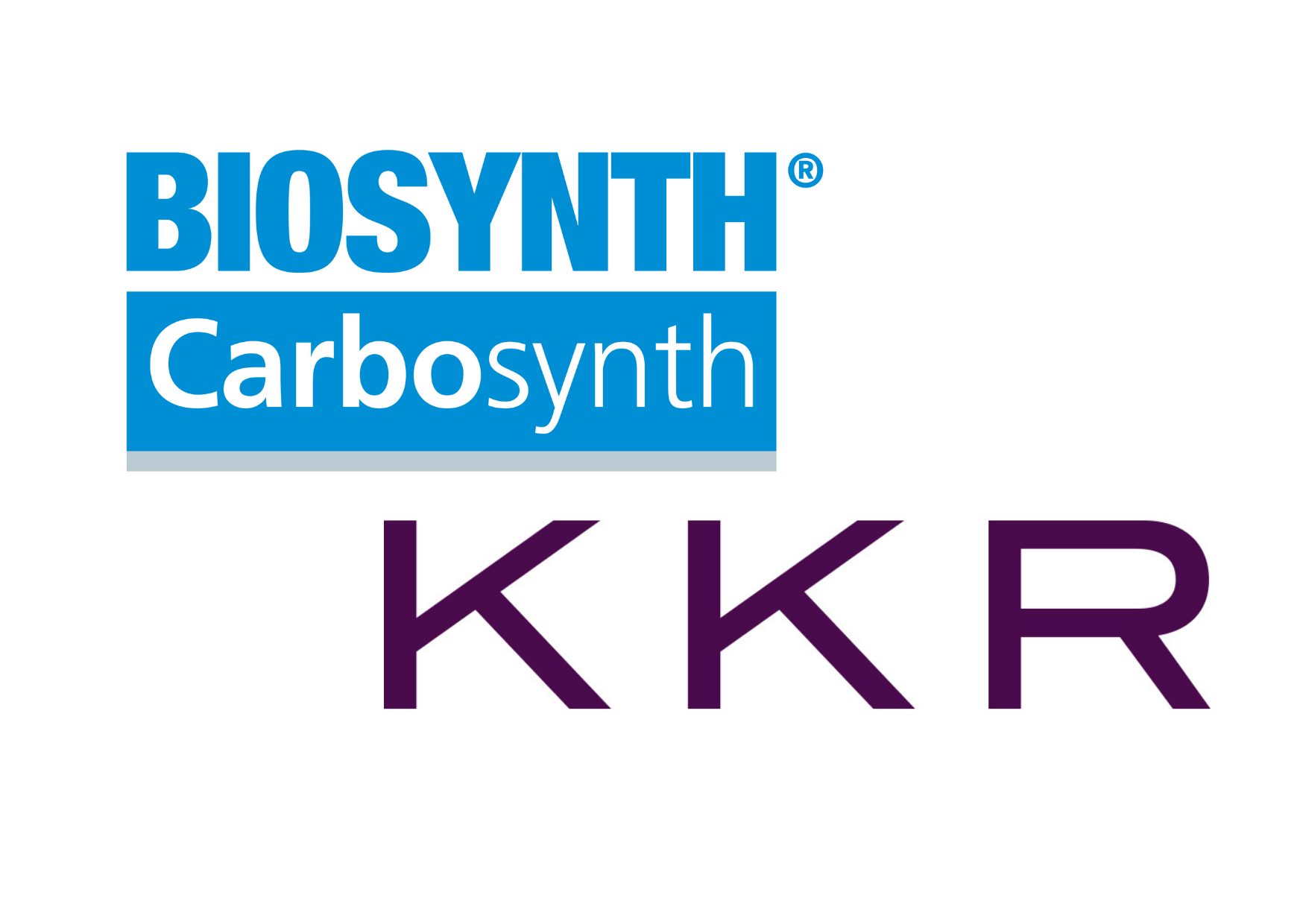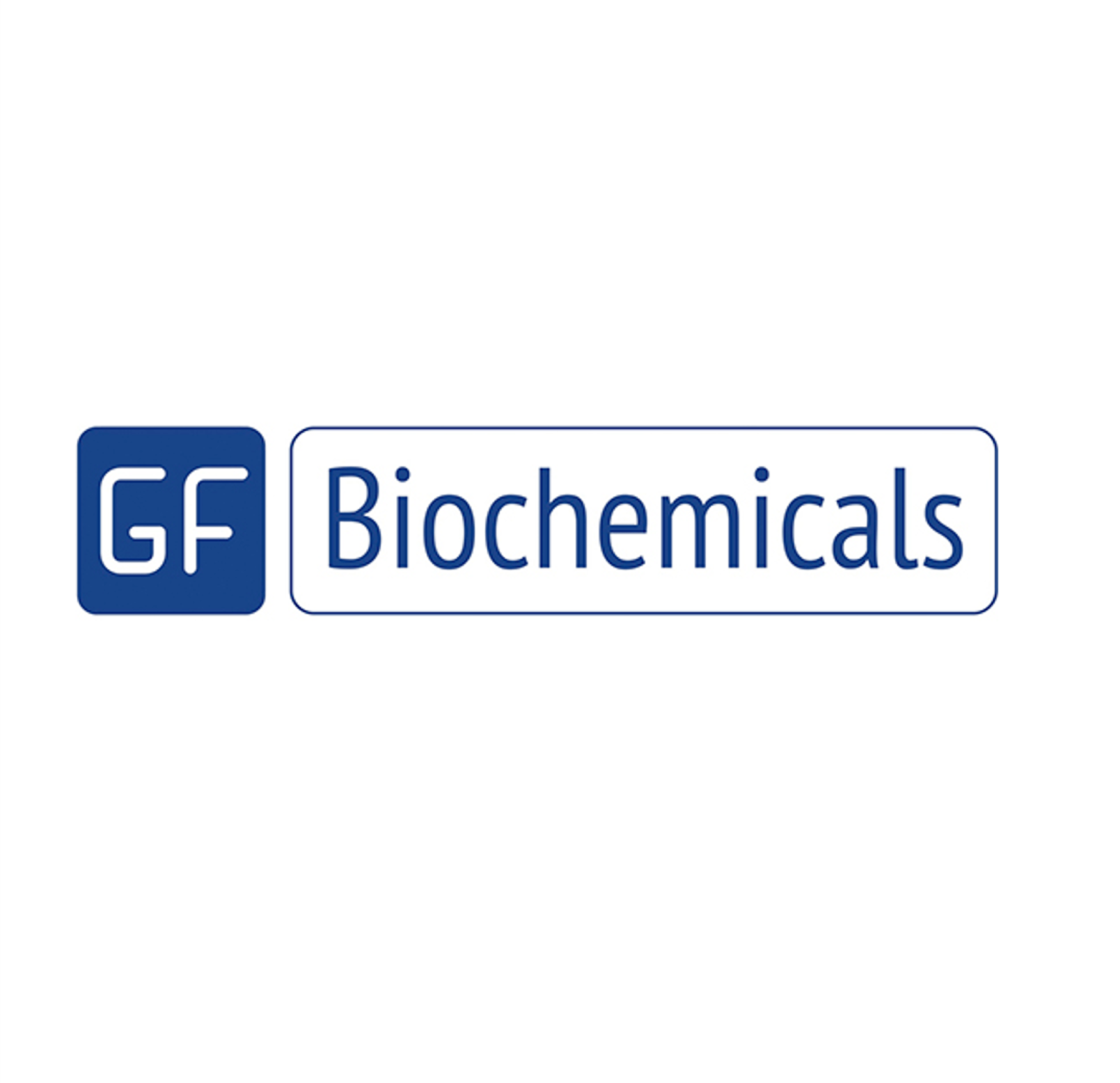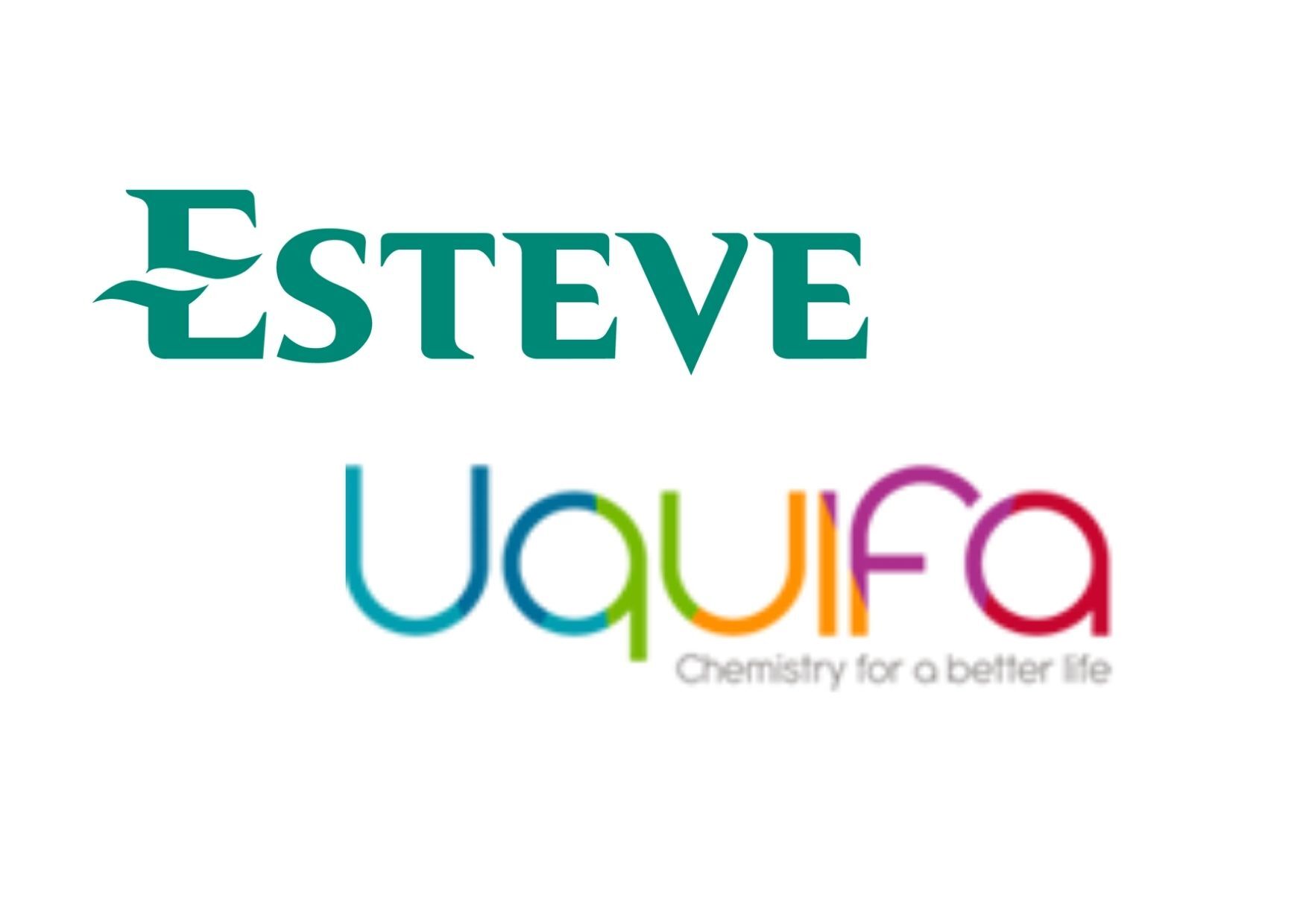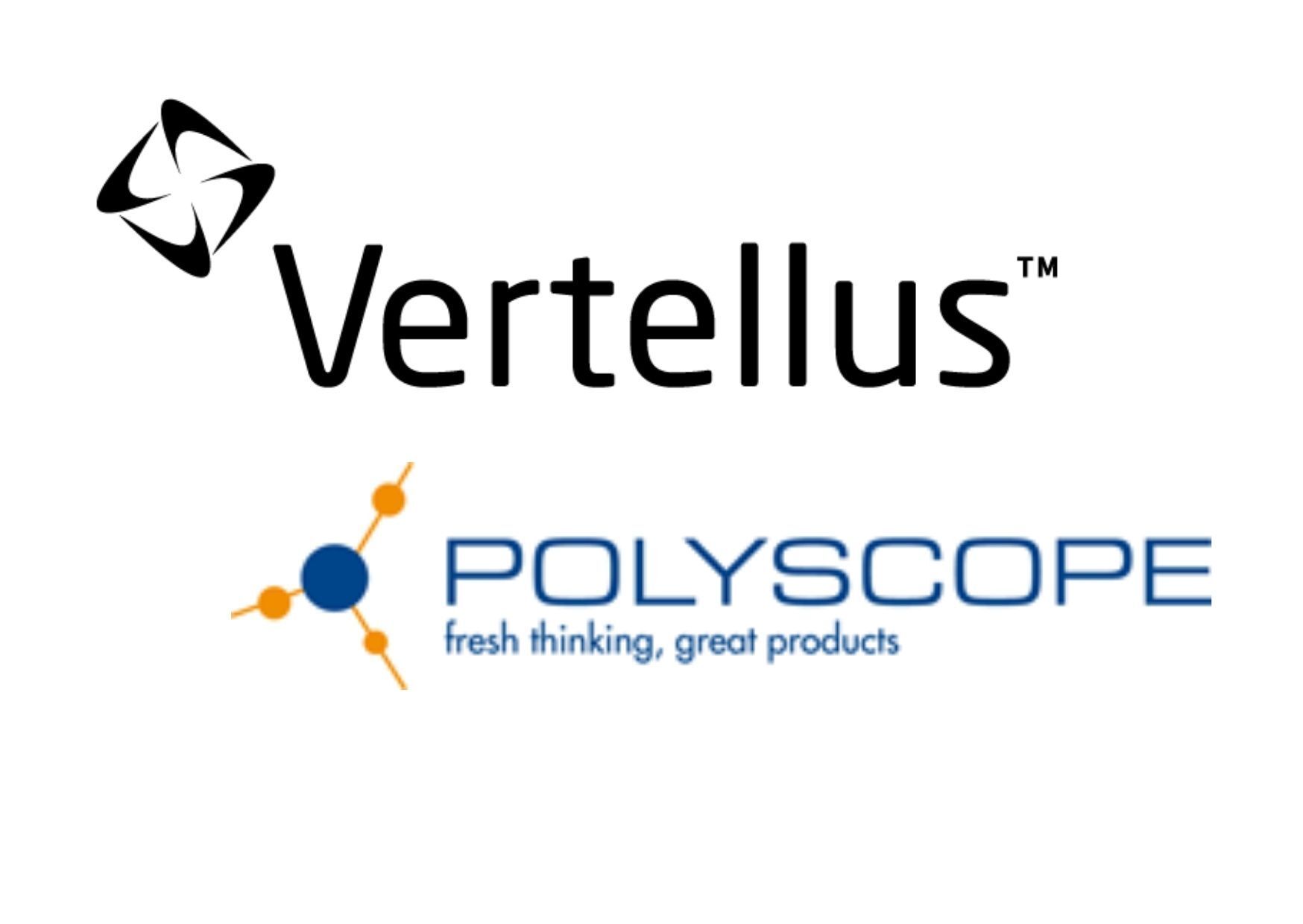When is analytical commercial due diligence not enough?
Complex, evolving, and fragmented markets display the qualities of chaotic systems – such as certain strata of the chemicals and life sciences industries. When contemplating mergers and acquisitions (M&A), data-driven analytical commercial due diligence typically favoured by non-specialists can fail to properly prepare investors and sellers alike.
Commercial due diligence ( CDD ) is the process undertaken to assess a company’s commercial attractiveness. Sometimes this work is undertaken by in-house commercial teams and consultancies offering an add-on service (e.g. large accountancies/banks) who may not be specialists in CDD or the target’s sector or niche market. In such cases it is common for an analytical, data-based, approach to be used to assess the target’s situation and market and use this to project its likely future performance.
This analytical approach can be effective in some circumstances. However, in a chaotic system, it is insufficient to appraise an investor of the risks and likely performance of a target, and furthermore, misses a golden opportunity to identify and capture additional strategic value. For this, a different approach and a very particular set of skills and experience is required.
The chemical butterfly effect
Chaos theory tells us that small changes in starting conditions can lead to radically different outputs. Or, in the words of the late Edward Lorenz;
“Chaos: When the present determines the future, but the approximate present does not approximately determine the future.”
Even when one knows the approximate current state of a chaotic system, this is not enough to make meaningful projections of the future. This chaotic effect can arise from a combination of underlying patterns, feedback loops, self-organisation, compounding, inter-dependence and other such factors.
The chemicals and life sciences industries are just such a system. New technologies and companies are continually entering, products rise and fall, regulations loosen and tighten, and long complex supply chains can flip and change. So, even in a steady state (i.e. assuming no M&A), substantial gains and losses can occur, with slim margins determining one way or the other. This makes prediction challenging.
Providing real insight into likely future performance and assessing the determining factors and potential risks is therefore of great value to business leaders and investors. So how can real insights into contemplated M&A deals be achieved?
Reaching beyond the analytical approach
The analytical approach may involve a team of analysts writing (or buying) standalone market reports, analysing financial data, interviewing key customers and market players, and using all these data to project the likely performance of the target.
At the upper end of the market, where companies are more established and standardised information is more readily available, meaningful insights can be drawn from this data-driven approach. However, at the lower more “chaotic” end of the market, where companies are often fast moving and privately-owned with limited non-standard information, it is a different story.
Even when data-driven work is useful, it is only half the picture. A core value of CDD is looking beyond the isolated steady-state assessment of a target and into the impact of refinancing or merging the acquiror and target’s businesses and what the knock-on effects would be of the new business on its wider market. For example, a refinancing may facilitate new leadership, investment in new assets, or the ability to buy up smaller competitors and take on larger clients, and a merger may allow rationalisation of operations, more efficient use or control of resources, restructuring of supply chains, domination of a niche market, control of a field of technology – the list goes on.
This is where specialist CDD consultancies really come into their own. Such firms focus on a single defined market (e.g. chemicals and life sciences) and often have multiple senior individuals with executive-level experience across a range of industry niches.
These individuals have real practical experience of the niche markets in question, have access to current market players, understand the operational and supply chain aspects of the market, understand the regulatory regime of the market (which can vary country by country), and have a feel for what makes a good, well-functioning company in that niche.
Specialist CDD firms typically bring together a team of such individuals, one for each relevant niche. In this way, specialist CDD firms can a) provide real insight into the value drivers and risk pitfalls of any given business combination, and b) help identify and capture additional areas of value that may not be readily apparent to the target’s or acquiror’s own industry experts working in isolation.
For example, additional areas of value might include identification of:
- adjacent market segments for expansion
- operational and managerial synergies
- customer and supply chain opportunities
- potential for technological disruption of other left-field markets
In pursuing this value-add approach, specialist CDD firms have found that it works best if they consider all the market, commercial, operational, integration, environmental, and M&A strategy aspects of a potential deal. This strategic insight-led approach is simply not possible for non-specialist teams focused on number-crunching.
So, while there is still a place for the analytical approach at the upper end of the market and in simpler industries, in chaotic markets it should have a limited if not negligible role.
A final thought to take away
The strategic insight-led approach can also be applied to great effect on behalf of sellers. Combined sector-specialist CDD/M&A teams can properly prepare a seller both by drawing out the generally attractive aspects of their business and by assessing the specific strategic potential that may exist with any given suitor.
Neither buyers nor sellers should approach the negotiating table before they are fully armed with the risks and rewards of the deal for both sides.
Receive M&A news relevant to your business
At critical moments our clients engage us to provide pre-publicity "off-market" intelligence to give them the edge over the competition - we also provide up-to-the-minute public or "on-market" intelligence for free
Contact Us
RECENT POSTS
